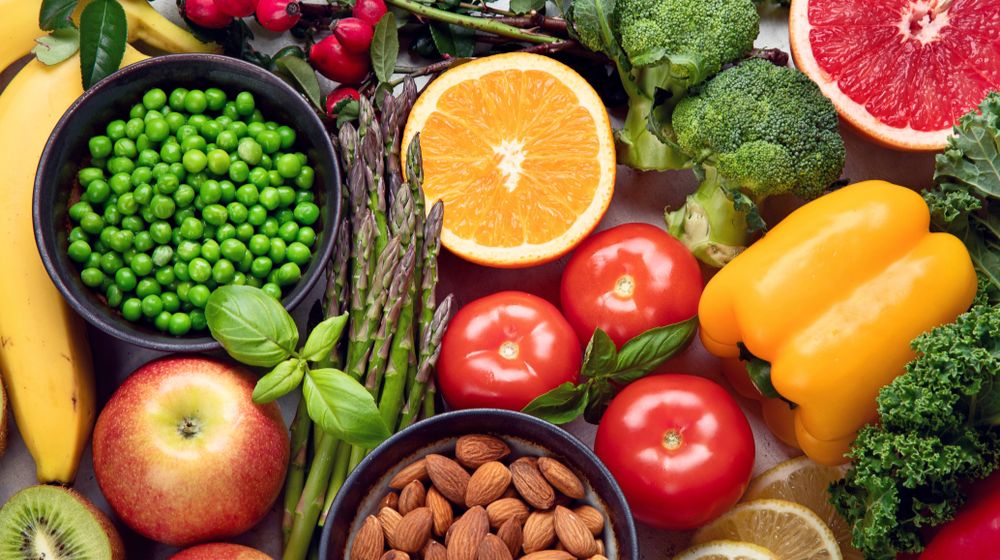Because scientists still haven’t invented a cure for the common cold, most people say this virus is the most annoying of all! A common cold can make a person feel almost as miserable as the flu without fever and aches. A stuffy nose that just runs, itchy watery eyes, the puffy feeling face… Well, you remember the feeling. No fun at all.
Studies show you can eat foods to ward off these viruses and boost the immune system against more serious illnesses. This list included the top ten foods to boost the immune system, backed by research and field study.
RELATED: 6 Ways to Boost Your Immune System
Foods Great For Your Immune System
1. Citrus Fruits
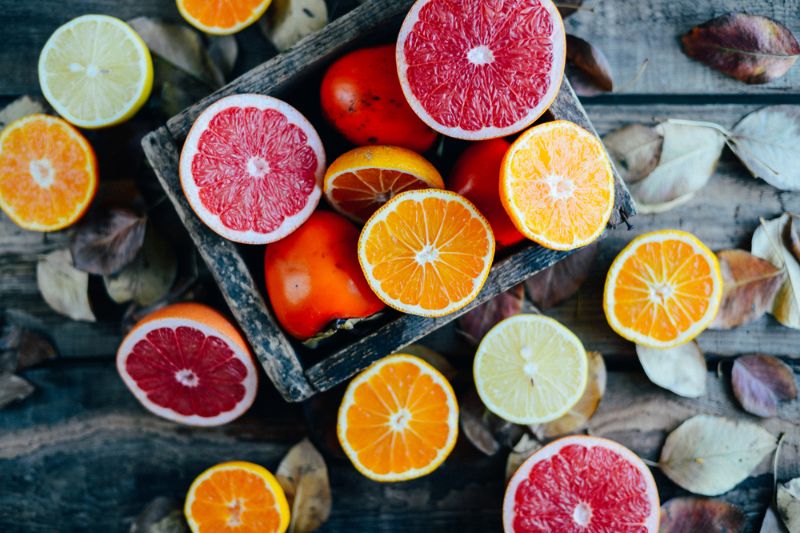
Many people swear by the power of citrus fruits. A teacher from Kansas City said, “I eat an orange every day for my snack in the winter. This is the height of cold and flu season, but I never get sick.”
This is a proactive approach to boost the immune system. Many people turn to vitamin C when they feel a cold coming on or immediately after they have caught a cold. This helps build up the immune system because this vitamin absorbs into your system quickly. Vitamin C increases the production of white blood cells. If you are already sick, these cells will go into immediate action. If you are using vitamin C before you get sick, these white cells will fight off germs trying to invade the system.
Popular citrus fruits include:
- Oranges
- Grapefruit
- Clementines
- Lemons
- Limes
- Tangerines
2. Garlic
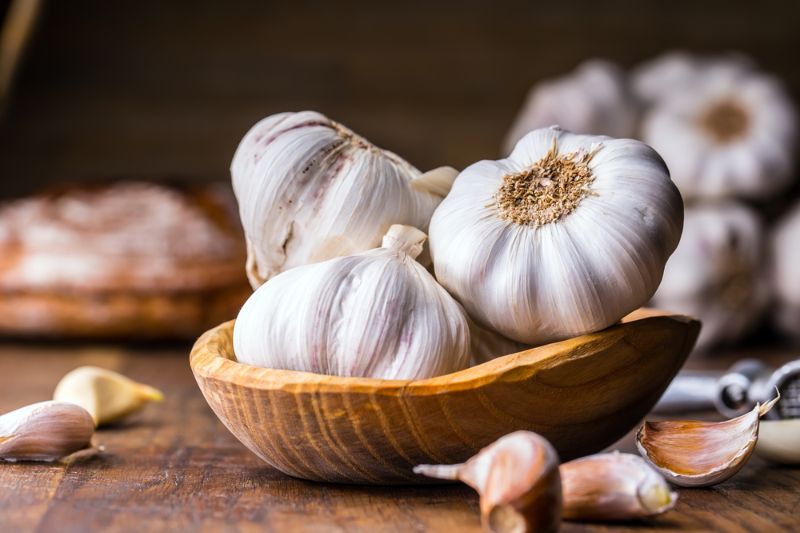
Garlic is used in so many tasty dishes and recipes from around the world. Very early civilizations used garlic and recognized its healing power for fighting infections. According to recent studies, garlic may lower blood pressure and slow down hardening of the arteries. Garlic’s immune-boosting properties seem to come from a heavy concentration of sulfur-containing compounds, such as allicin. Allicin is the compound that is produced when garlic is crushed or diced. It is the allicin that is said to boost the immune system.
3. Ginger
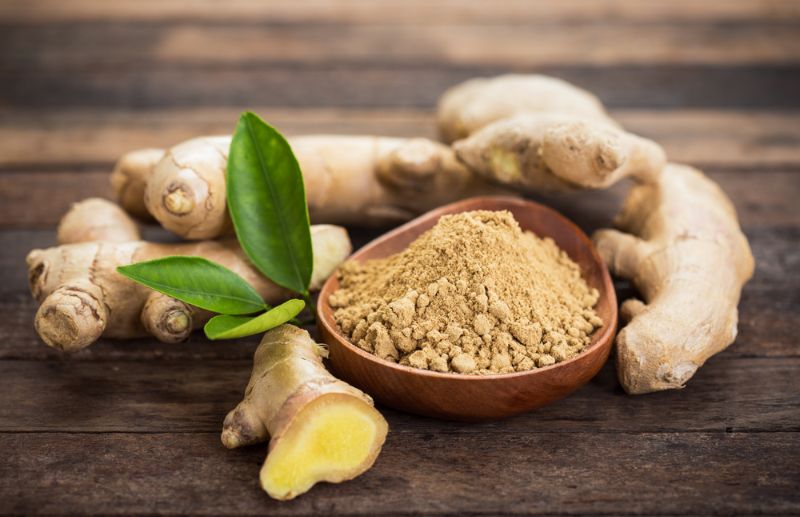
Ginger is also said to boost the immune system and is the “go-to” spice if you feel you may be getting sick. The anti-inflammatory gingerols and shaogals in the ginger root will help to relieve a sore throat quickly, and they also kill rhinoviruses, which cause colds in the first place. Drink three or more cups of ginger tea daily until you are well. You can also drink the same ginger tea to warm up on a cold winter day. Ginger may also decrease nausea, help lessen chronic pain and lower cholesterol, according to recent studies.
4. Yogurt
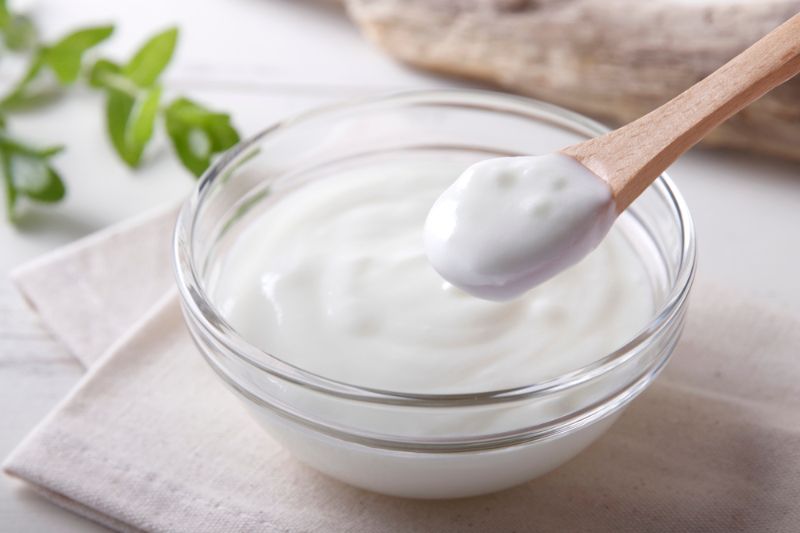
Yogurts that have “live and active cultures” printed on the label include cultures that boost the immune system and help fight diseases. Try to get plain yogurt rather than the pre-flavored, as they are usually loaded with sugar. You can sweeten plain yogurt yourself with healthy fruits, honey, or a dab of natural maple syrup instead.
Yogurt can also be a great source of vitamin D, so try to select brands fortified with vitamin D. Vitamin D helps regulate the immune system and is thought to boost our body’s natural defenses against disease. Vitamin D also helps boost energy which will improve your immune system as well.
5. Spinach
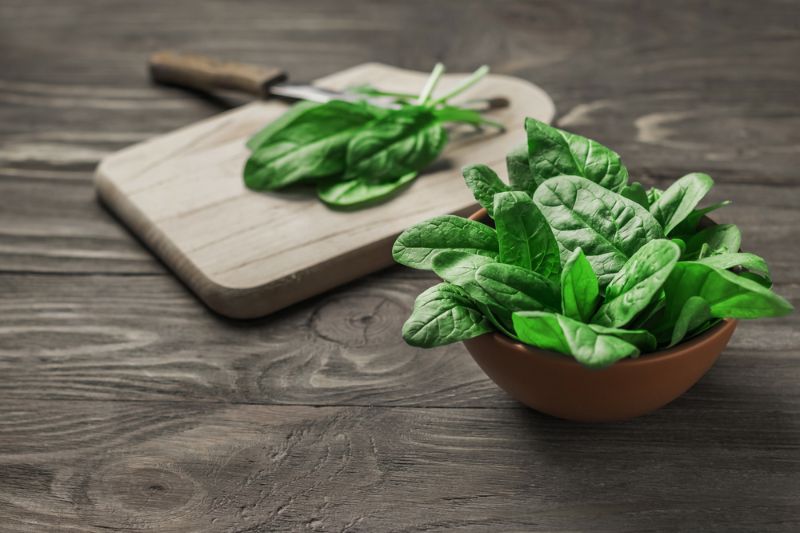
Spinach is one of the healthiest green vegetables available. And it’s versatile as well. There are numerous salads you can make, or spinach can be cooked and added to lots of different meals. People often add spinach to smoothies. This incredible plant only takes about 6 or 7 weeks to grow from seed to maturity. It is considered a cool-weather crop so spinach can be planted in some places from February through the end of June, and again in the fall. You do not need much room to grow this immune system booster.
Spinach is rich in vitamin C and it's also packed with numerous antioxidants and beta carotene. These are what may increase the infection-fighting ability of our immune systems. Similar to broccoli, spinach is healthiest when it’s cooked as little as possible so that it retains its nutrients. However, light cooking enhances its vitamin A and allows other nutrients to be released from oxalic acid.
6. Green Tea
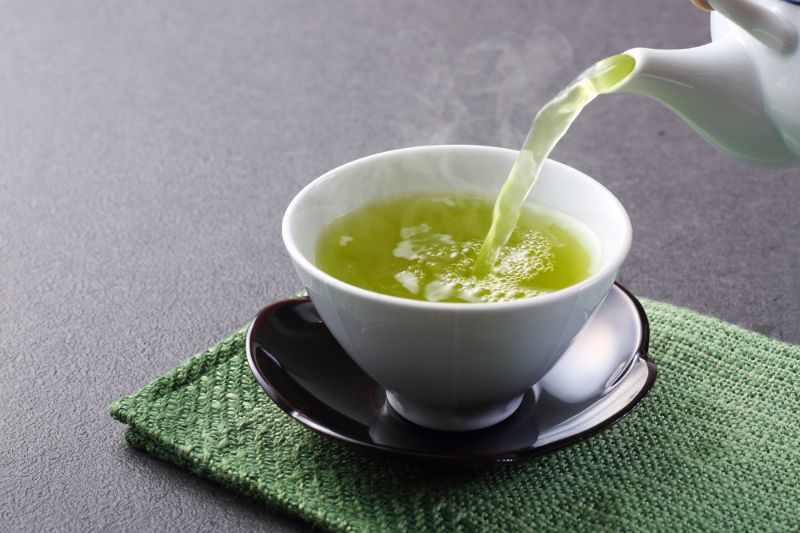
Both green and black teas are packed with flavonoids, a type of antioxidant. Green tea really stands out for its levels of epigallocatechin gallate, or EGCG, another powerful antioxidant. EGCG has been shown to enhance immune function. The fermentation process black tea goes through destroys a lot of the EGCG. Green tea, on the other hand, is steamed and not fermented, so the EGCG is preserved. Green tea is also a good source of amino acid L-theanine. This acid may aid in the production of germ-fighting compounds in your T-cells.
7. Red Bell Peppers
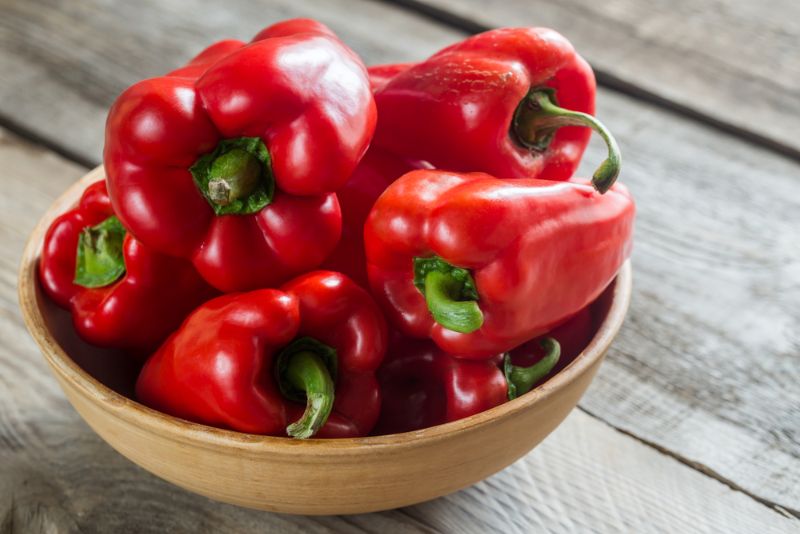
Ounce for ounce, red bell peppers contain twice as much vitamin C as citrus fruits. They’re also a rich source of beta carotene. Besides boosting your immune system, vitamin C may help maintain healthy skin. Beta carotene helps keep your eyes and skin healthy.
8. Broccoli
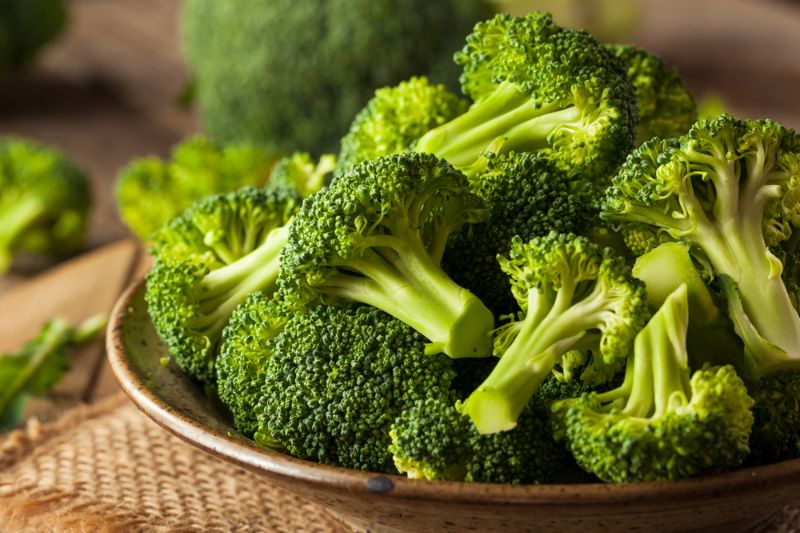
Broccoli is packed full of vitamins and minerals. Packed with vitamins A, C, and E, as well as many other antioxidants and fiber, broccoli is one of the healthiest vegetables you can put on your table. The key with broccoli just like spinach is to eat it raw or lightly cooked. You preserve the nutritional benefits by doing so.
9. Almonds
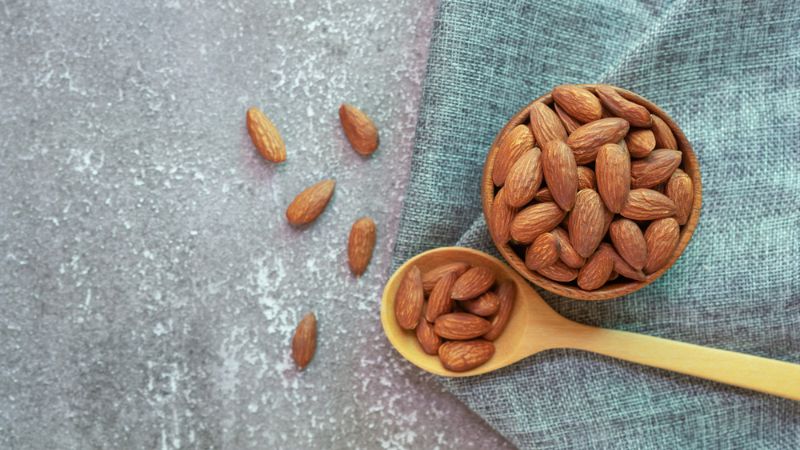
When it comes to preventing and fighting off colds, vitamin E tends to take a backseat to vitamin C. However, vitamin E is another key to a healthy immune system. It’s a fat-soluble vitamin, meaning it requires the presence of fat to be absorbed properly.
In the body, it acts as an antioxidant, helping to protect cells from the damage caused by free radicals. Free radicals are compounds formed when our bodies convert the food we eat into energy. Nuts, such as almonds, are packed with this vitamin and also have healthy fats. A half-cup serving, which is about 46 whole, shelled almonds, provides nearly 100% of the recommended daily amount of vitamin E.
10. Kiwi
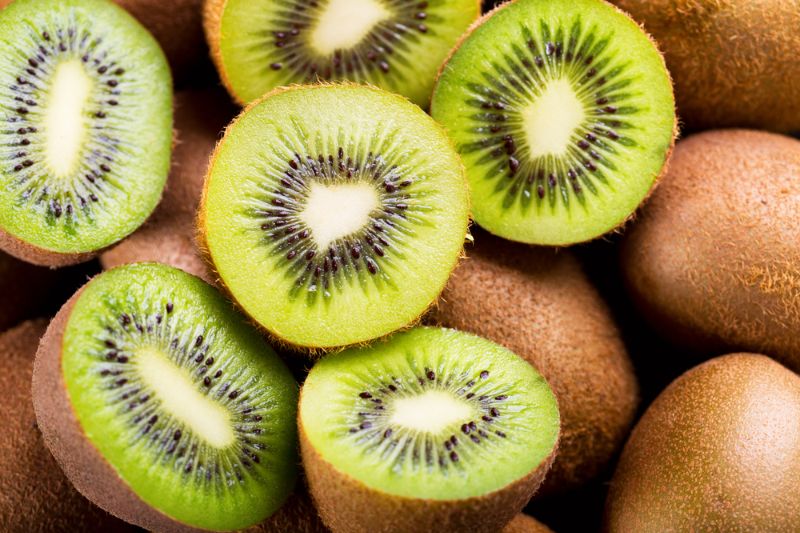
Kiwi is naturally full of a ton of essential nutrients, including folate, potassium, vitamin K, and vitamin C. Vitamin C boosts white blood cells to fight infection, while kiwi’s other nutrients keep the rest of your body functioning properly.
11. Sunflower Seeds
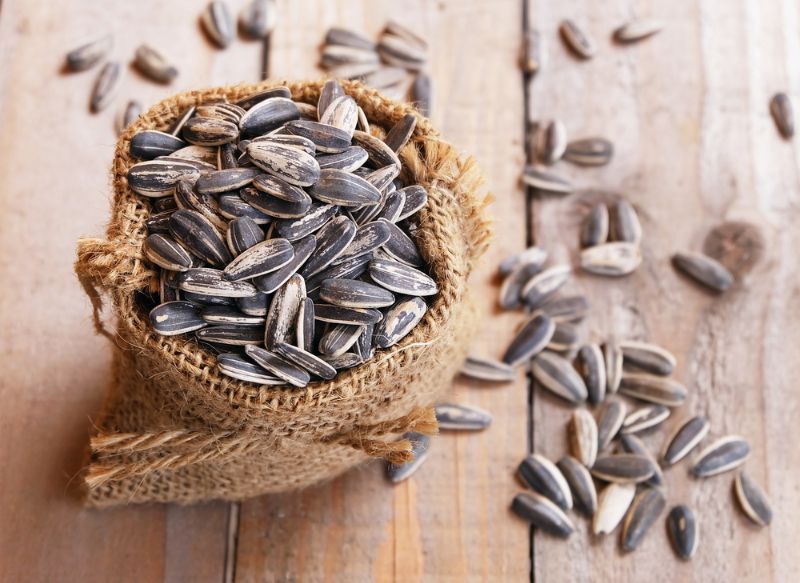
Sunflower seeds are full of nutrients, including phosphorus, magnesium, and vitamin B-6. They’re also incredibly high in vitamin E, which we know is important in regulating and maintaining immune system function. Other foods with high amounts of vitamin E include avocados and dark, leafy greens.
12. Turmeric
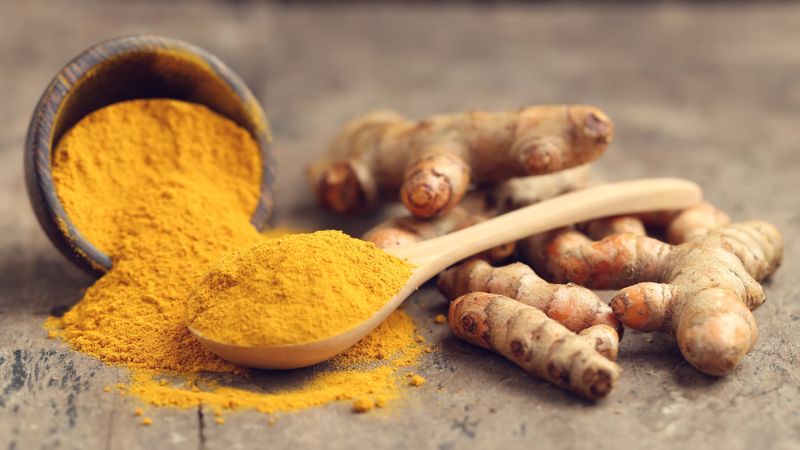
You may know turmeric as a key ingredient in many curries. But this bright yellow, bitter spice has also been used for years as an anti-inflammatory in treating both osteoarthritis and rheumatoid arthritis. Research shows that high concentrations of curcumin, which gives turmeric its distinctive color, can help decrease exercise-induced muscle damage.
When trying to boost your immune system, these foods will give you the best chances to stay well and help to fight off any virus or infection. We also know that proper sleep is extremely important in keeping the immune system up and running. Try to get 7-8 hours each night.
Bonus: Exercise
A daily exercise routine is another factor to help boost the immune system and to keep you healthy. In fact, even a 30-minute walk each day combined with eating some of these 12 foods each week will boost your immune system. As an active person, you need to do as much as you can to protect yourself from being derailed by a crummy virus.
One other area we often neglect is our mental well-being. Studies have shown that when a person gets stressed or suddenly becomes upset, the chances of that person catching a cold go up significantly. During times of anger or stress, our immunity drops. Find a way to relax and reduce stress such as yoga, meditation, or humor.
Watch this video from Med Simplified to learn how to boost your immunity naturally:
Stress, lack of sleep, and improper diet will lower our defenses and make us sick more often. Try incorporating at least one of these twelve foods in your meal plan this week to boost your immune system. Track overtime how often you get sick as you try new foods so you can see which work best for your body.
Do you have other foods in mind that you use to boost your immunity? Share them in the comment section below.
Up Next:
- Why Good Nutrition and Physical Fitness Is Vital to Good Health?
- 9 Foods to Avoid After 50 & Why
- Overcoming Ageism In Organisations
Please stay connected with us on Facebook, Twitter, Instagram, and Pinterest, and make sure to join our community of healthy living and minded people here.
Editor’s Note: This post was originally published on August 13, 2019, and has been updated for quality and relevancy.
Trending
Tongue Color | 7 Scary Tongue Color Meanings
Lecithin Benefits and Side Effects: 10 Surprising Truths
Get Updates
SIGN UP FOR OUR NEWSLETTER TODAY

Best Multivitamin for Men | Top 10 Best Multivitamins for Men 2022

Tongue Color | 7 Scary Tongue Color Meanings
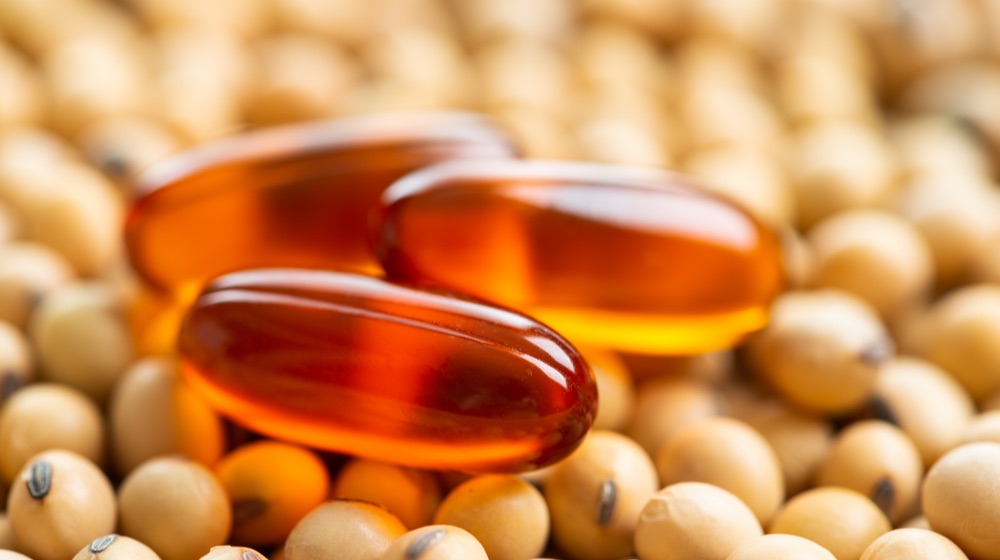
Lecithin Benefits and Side Effects: 10 Surprising Truths
Related

Best Multivitamin for Men | Top 10 Best Multivitamins for Men 2022

